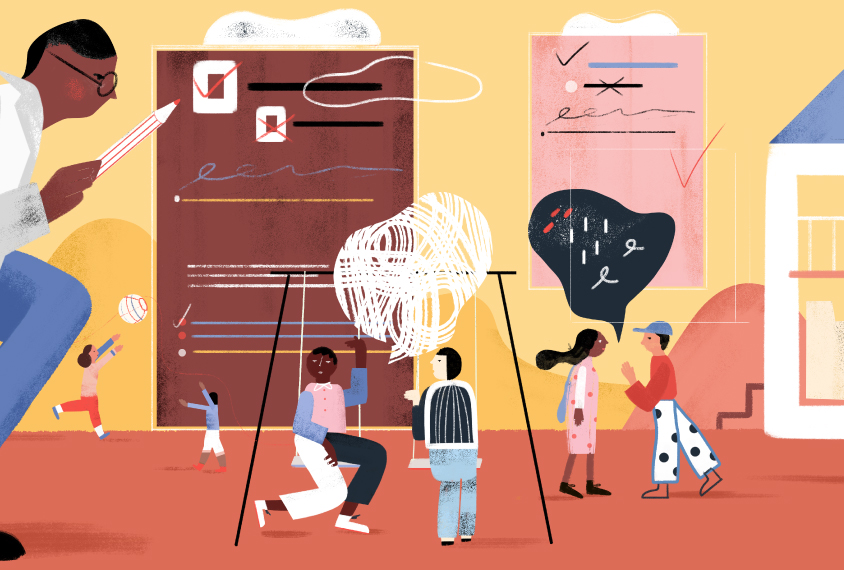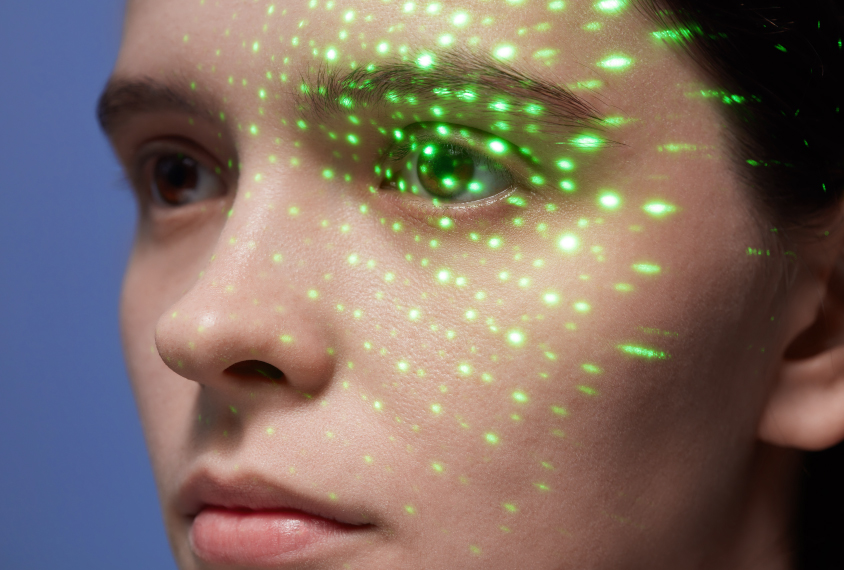Thomas Frazier is professor of psychology at John Carroll University in University Heights, Ohio.
Thomas Frazier
Professor of psychology
John Carroll University
From this contributor
Tempering tales of a new autism measure: A conversation with Thomas Frazier
The questionnaire, designed to screen children for autism, isn’t ready for clinical use without further validation, contrary to what some overblown newspaper headlines reported.

Tempering tales of a new autism measure: A conversation with Thomas Frazier
In search of ‘social’ subtypes of autism
Grouping autistic people based on their social abilities may reveal subtypes of the condition.

In search of ‘social’ subtypes of autism
Studies of gaze could improve diagnosis, treatment of autism
Understanding how gaze differs in autistic people may help improve their lives.

Studies of gaze could improve diagnosis, treatment of autism
Navigating autism’s gender gap
The number of people in a study, the proportion of male and female participants, and many other factors can affect research on sex differences in autism, says Thomas Frazier.
Explore more from The Transmitter
Two primate centers drop ‘primate’ from their name
The Washington and Tulane National Biomedical Research Centers—formerly called National Primate Research Centers—say they made the change to better reflect the breadth of research performed at the centers.

Two primate centers drop ‘primate’ from their name
The Washington and Tulane National Biomedical Research Centers—formerly called National Primate Research Centers—say they made the change to better reflect the breadth of research performed at the centers.
Post-infection immune conflict alters fetal development in some male mice
The immune-conflict between dam and fetus could help explain sex differences in neurodevelopmental conditions.

Post-infection immune conflict alters fetal development in some male mice
The immune-conflict between dam and fetus could help explain sex differences in neurodevelopmental conditions.
Three ecological psychologists on the right and wrong ways to use the field’s principles in neuroscience
Matthieu de Wit, Luis H. Favela and Vicente Raja weigh in on the recent trend of neuroscientists importing concepts from ecological psychology, the study of how an organism’s interactions with its environment explain perception and action.
Three ecological psychologists on the right and wrong ways to use the field’s principles in neuroscience
Matthieu de Wit, Luis H. Favela and Vicente Raja weigh in on the recent trend of neuroscientists importing concepts from ecological psychology, the study of how an organism’s interactions with its environment explain perception and action.
